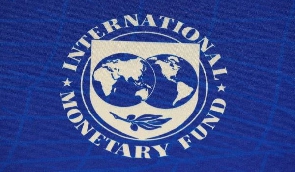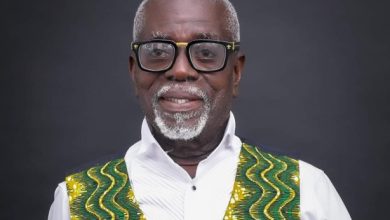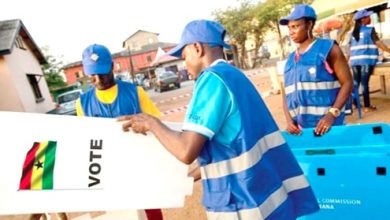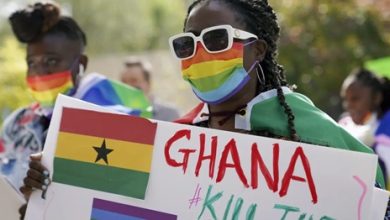Governor of the Bank of Ghana (BoG) Dr Ernest Addison is confident about Ghana’s foreign currency reserves becoming stronger with the disbursement of a third tranche of $360 million from the International Monetary Fund (IMF).
Ghana is expected to get approval for its third tranche of $360m when the Executive Board of the IMF meet in June, having reached a staff-level agreement on the second review of the loan-support programme.
At a press briefing in Accra following the conclusion of a staff-level agreement on Ghana’s second review of the three-year Extended Credit Facility (ECF) arrangement, Dr Addison said he was optimistic about the Board’s approval in June.
The said money, the Central Bank Governor said would help to further boost the country’s foreign reserve, which stood at $6.2bn as of April 5, 2024, and support the attainment of the objectives of the $3bn loan-support programme.
According to the World Economic Forum, foreign currency reserves, comprising cash and other assets like gold, and held by central banks are crucial in maintaining stability in domestic currency, and liquidity during economic crises.
He stated that the two weeks of engagement between Ghanaian Authorities and the IMF Staff Mission “has not been in vain,” as it culminated in reaching a Staff-Level agreement.
The Governor said the government’s hopeful that the feat chalked would, “translate into a Management and Executive Board approval with the release of another tranche of IMF’s support.”
“After the June Board meeting, hopefully, we’ll get another disbursement of US$360m, which will come to us at the Bank of Ghana and help strengthen our reserves further,” Dr Addison said.
He indicated that despite delays in the disbursement of some donor support, the country’s foreign exchange reserves had remained steady at $6.2bn as of April 5, 2024.
“We will continue to implement the policies that have helped sustain that progress, including the innovative Gold for Reserves programme, which has acted as a game changer in our foreign exchange management strategies,” he said.
On the progress made since the implementation of the loan-support programme, Dr Addison indicated that there had been some substantial macroeconomic dividends.
That, he said included a drop in inflation from 54 per cent at the end of 2022 to 23 per cent in 2023, saying, “During the first quarter of this year [2024], this progress has continued although we’ve witnessed some slowdown in the pace of disinflation.”
With the coming of the $360m, Ghana’s total disbursement would reach $1.560 billion, having already received the sum of $1.2 bn in the first two tranches since the implementation of the programme.
The three-year ECF arrangement is backed by the country’s Post-COVID-19 Programme for Economic Growth (PC-PEG).
It is aimed at restoring macroeconomic stability and debt sustainability, building resilience, and laying the foundation for stronger and more inclusive growth.
Dr Addison stated that since the implementation of the loan-support programme, Ghana had shown steadfast commitment to a set of policies, and even under difficult circumstances, had reached a stage of progress.
Mr Stéphane Roudet, the Chief of Mission for Ghana, also noted that Ghana’s “external sector had improved significantly, with international reserve accumulation ahead of programme objectives.”
He, however, said, “Given Ghana’s strong progress under the IMF-supported programme, the next key step for the country is to reach an agreement with its official bilateral creditors on an MoU consistent with the terms agreed in January 2024.”
DISCLAIMER: The Views, Comments, Opinions, Contributions and Statements made by Readers and Contributors on this platform do not necessarily represent the views or policy of Multimedia Group Limited.





